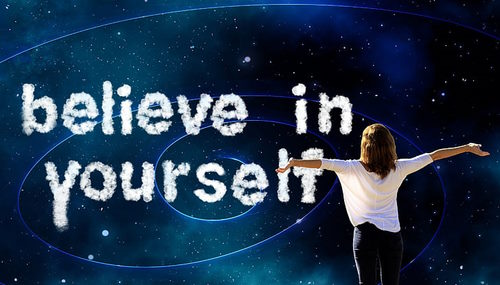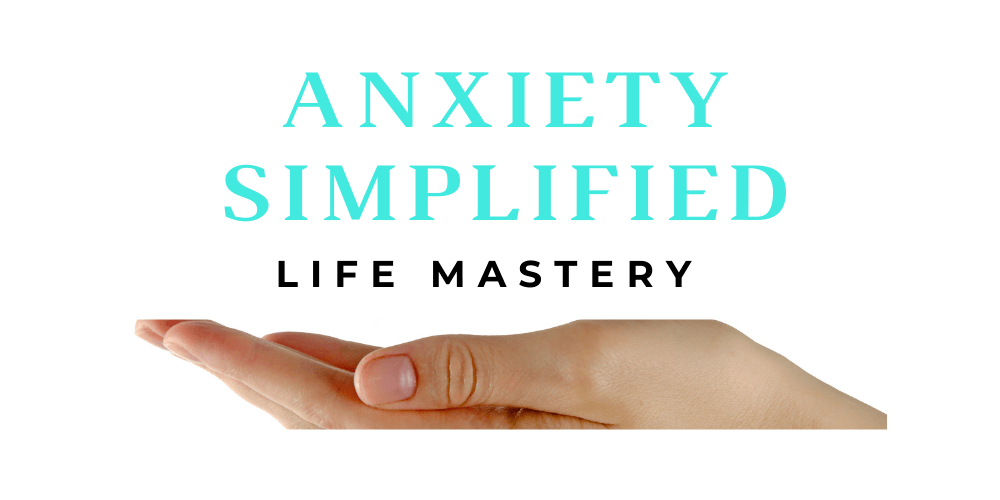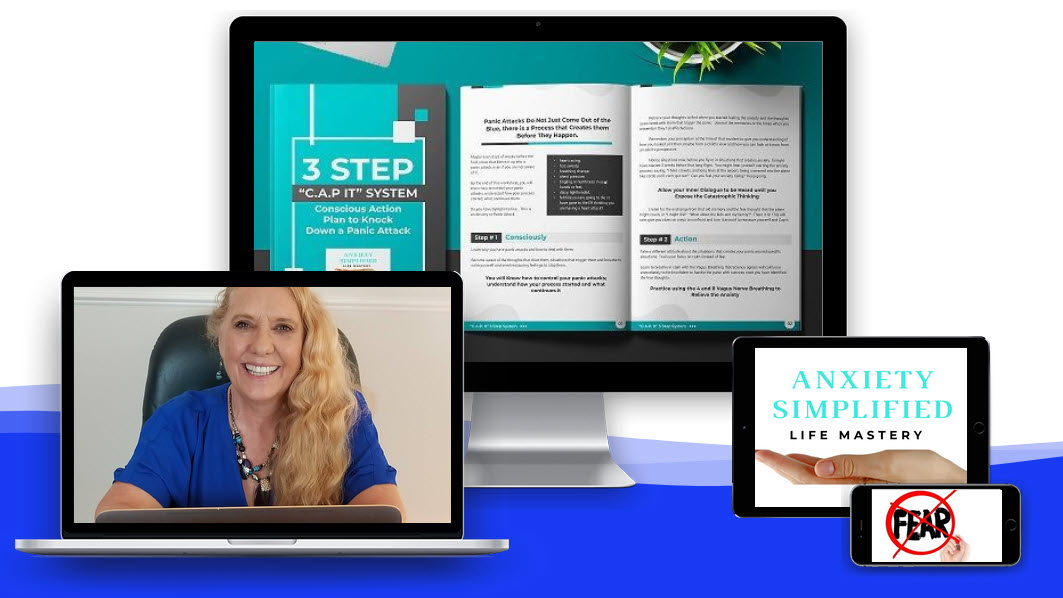
1
How do we know when we crossed that line?
Crossing this line can cause success or self-destruction- Learn to know the difference.
This can be confusing because we’ve all been told throughout our lives to be confident. We must stand up straight and look people in the eye. At the same time, we’re also told to not have an ego. We shouldn’t be OVER-confident or egotistical.
Having high self-esteem and being confident can amplify your success. When you believe in what you’re saying, others believe you as well. You have bigger dreams because you believe in your ability to achieve them. The most successful people are those who let their actions speak for them. They don’t feel the need to stand up and toot their own horn.
Those with egos are unable to see the world with a growth mindset, it is more fixed in right and wrong. They aren’t able to recover from success. They’re alienated by friends because of their attitude.
These people see the world through blinders that make everything about them. They fail to see the bigger picture. Success for them is based on achievement and outward success that can be viewed by the world, instead of inward intrinsic self-values of what you give to others in service.
2
How can we tell the difference between ego and true inner confidence?
We all want confidence but not ego. So why don’t we all have it? Why do some of us lack self-esteem? And some feel it easily. That’s because no one taught us the skills to build true confidence, and some overcompensate with ego.
Most people can’t tell the difference between ego and confidence. We can’t even say something about your own strengths without people calling it “bragging.” Here are a few ways to define the line between ego and confidence and take the first steps toward success understanding some skills to build it.

3
Know Your Strengths
Everyone knows that in order to be confident, you have to believe in yourself. You want to feel like a winner inside and outside. When you know you’re good at something, allow yourself to feel that way.
If someone asks you “are you any good?” Don’t allow yourself to give that “eh, I’m okay” answer. Because you’re not okay. You’re good and there’s nothing wrong with admitting that with true confidence.
But we have to watch ourselves. The typical tendency can be if you are overcompensating for like of skills or confidence of an egotistical person is to overshoot their capabilities. Own up to your strengths that you don’t have. It’s good to dream big but stay away from over-promising. It is better to under promise and overachieve.
4
Know Your Weaknesses
This stems, in part, from the last tip. We want to know what we’re good at and not stay in that “know-it-all” mindset of being all-capable. There’s more to it as well. With an ego, whenever someone receives feedback on weakness, they brush it off. Typically, they make up an excuse and never learn and grow from it.
Try your best to work on feedback that is given, at least examine it first before refusing it, if it is not true. Don’t let laziness or attitude stop your path to strengthening your confidence as an attitude for success. When you know what your weaknesses are, your confidence improves as well, because then you can accept it, learn from it and work on it to improve.
Confident people are able to accept their flaws as being in a constant learning state. They don’t have an all-consuming need to appear perfect. They can get past the obstacles that stand in their path to success being in the right mindset to work on it.
If someone gives you feedback, listen to what they’re saying and absorb every part of it. Don’t tune them out because they’re “wrong.” We all need to open our mind, eyes, and ears every once in a while.

5
Don’t Seek Validation
We all know what it means to fish for compliments. And we’ve definitely all either seen or done it before. It feels good when people tell you good things about yourself. However, there’s a difference between receiving a compliment and looking for one. A big step toward confidence is receiving these compliments a new way.
When someone is confident, they don’t NEED validation from others. We don’t need others’ affirmations to feel good. We know we’re good enough not to constantly brag about ourselves. On the other hand, holding an ego has the opposite effect. Most people would think that someone with ego has relentless trust in themselves and doesn’t need to hear validation from others. This couldn’t be farther from the truth.
Ego stems from a feeling of insecurity and lack of belief in yourself. When egoists don’t receive others’ validation, they look for the quickest way to jump ship and be with others who will give them that validation, they feel they need to feel secure.
The difference is that confident people want to be successful while egotistical people only want to LOOK successful. We can never be successful in an unconventional way if we’re relying on what other people think. Get rid of that mindset of caring what other people think and believe in your ideas.
6
It’s about Learning, Not Winning
How do you feel when you lose? Whether it’s a card game, a national championship, or a dance-off. Nobody enjoys losing, but that doesn’t change how you handle it. If someone is egotistical, they may cheat or lie in order to save face. Losing validates that tiny fear that they’re inferior.
Egotistical people don’t care about actually learning anything. In school, they don’t need to understand the material. They only need to do well on the test. This sets them up for mediocrity. They’ll never be able to move past their setbacks. Inevitably, everyone fails or loses at some point in time. If we’re in the right mindset, we can pick ourselves back up as well.
It’s okay to not do well all the time. DON’T BE AFRAID OF FAILURE. In fact, don’t even call it a failure. It’s just a setback or a step toward your success. If we don’t make mistakes, how will we ever learn and get better? In order to be confident, we need to open our mind, eyes, and ears. The lessons are right there for us to analyze and learn from. Then, next time, we won’t do the same thing and we’ll come back even better.

7
It’s Not About You
The sooner that message sticks in your head, the better. Egotistical people often find themselves making things about them. It may not even be intentional. For example, when a friend is talking about their issue, an egotist’s tendency is to respond by bringing up their own issue which is “bigger” or relating their friend’s issue back to themselves.
When you see yourself doing this, stop. Nobody ever wants to hear someone only talk about themselves. To be confident, we have faith in ourselves but need to withhold from being self-centered.
LISTEN.
Confident people like to hear other perspectives. They don’t only need to hear themselves speak. A lot of the time, someone with an ego will interrupt another person. They can’t even listen to the other person because they believe that what they have to say is much more important or correct. That isn’t the way to go.
Even when you disagree with someone you are talking to, hear them out. They have a reason for what they’re saying, and it will benefit you to listen to them. If you truly believe in what you’re saying, then why does it matter if the other person hears it? You don’t need their validation.
Even if we don’t think it, we all have an ego sometimes. Just like everyone’s confidence falters once in a while. All we have to do is understand where we need work and put in the effort. Everybody wants success and not self-destruction.
Final thoughts on ego vs confidence
True self-confidence is not arrogance or ego. It's a quiet assurance that you can handle whatever comes your way. It comes from self-awareness and knowing that your intrinsic value isn’t based on your external circumstances.
You don't need to put others down to feel good about yourself as someone with ego issues would do. To build self-confidence, start by accepting yourself just as you are. Then, work on building skills and knowledge so you can feel competent in what you do. The ability to trust yourself and empower others is one of the key differences between confidence and ego.
Stop Panic Attacks Now
This course is video based to be able to re listen to over and over again with a workbook to follow again or reuse you conquer one trigger you can see your progress to feel you can do this!
Learn from a 30-year mental health professional how to never second guess or self-doubt yourself ever again. Take this course to increase your confidence on your decision making.
Joanne Williams for a free 10-minute consultation on you best next step at 760-485-6784.
Disclaimer: This article is by no means a replacement for medical attention or therapy. Please take care of your mental health.

